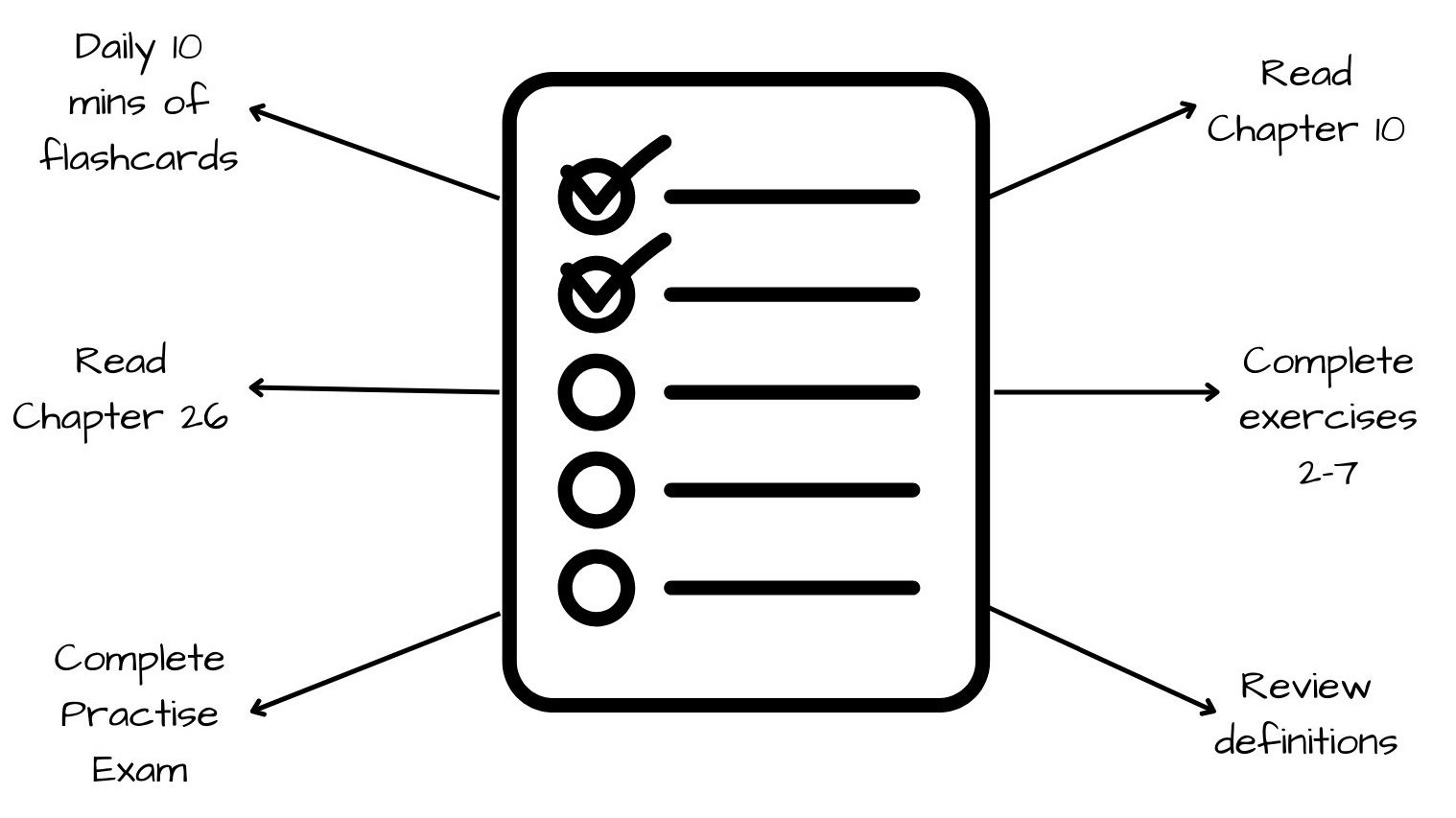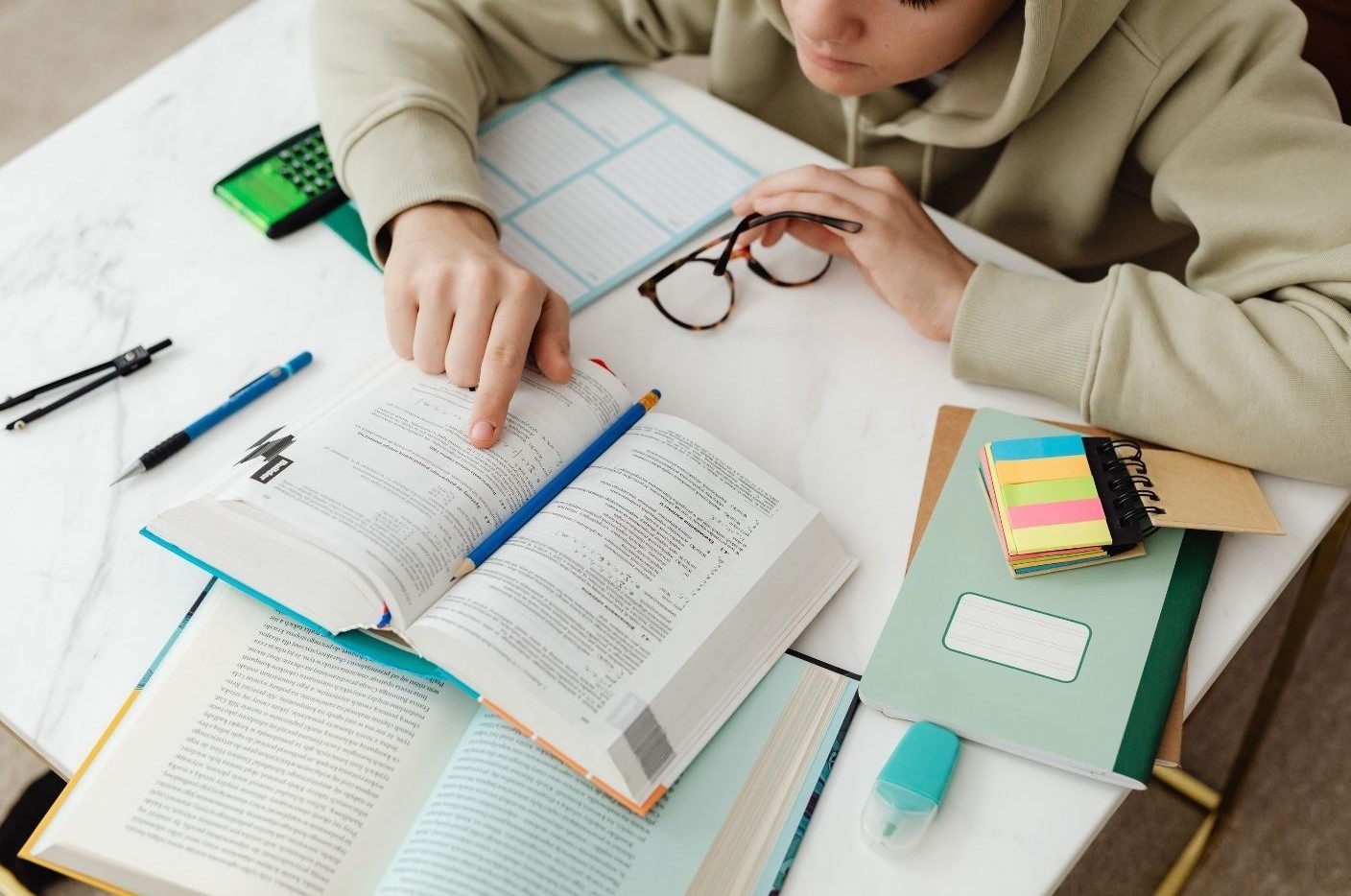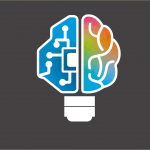
Struggling to study is a universal experience among students. After what feels like hours and hours of pointless notetaking and question answering, you feel like you have barely made a dent in the topic. It’s time to fight the study blues with these five handy tips that will have you feeling satisfied after your study sessions.
Planning!
The best thing you can do for yourself when you’re studying starts before you even open your textbook and pick up a pen. Planning out your study will ensure that you cover every topic you need to in the timeframe you’ve given yourself.
To plan your study effectively, list out every topic you need to hit and any exercises you can do to study these topics. Then section them out over the timeframe in a logical way. This includes giving yourself extra days or extra time for topics that are particularly dense, challenging or long as well as making note of your obligations outside of study. For each topic, list out the exercises you will complete each day.
The most important part of making a study plan is the execution. Your plan is nothing but a piece of paper if you don’t follow through.
Customise your study
Everybody is different; everybody learns differently. The same techniques and tricks that works for one person may be completely wasted on another. To ensure your study will help you, make sure you know how you learn. There are 4 common types of learners:
- Visual learners.
- Auditory learners.
- Kinaesthetic learners.
- Reading/writing learners.
There are many quizzes available online to determine which of the above you are. Once you know, mould your study to cater to your style of learning. For example, visual learners could use visualisation software such as Microsoft Visio. The software would be used to connect ideas and topics in a visual way that would satisfy their learning type.
It is also important to customise your study based on what you are studying: in science-based subject where memorisation is important, flashcards will be useful. In humanities, where essay writing and short answer questions are common, practising these questions will help you gain a greater understanding.
Introduce Variety
Albert Einstein said that doing the same thing repeatedly and expecting different results is the definition of insanity. So why would you sit and study in the same spot all day?
Changing your study environment can help your brain reset and rejuvenate. Vary your study space from being inside, outside, at home, at the library… Anywhere where you think you might get some work done! Likewise, you cannot expect to get good results from continually doing the same thing all day. Instead of only scheduling reading, make sure to also include other forms of study.
Take Care of Yourself
Exams are a stressful time and it’s easy to let self-care fall to the wayside. Take breaks as often as you need them, get enough sleep, and maintain decent nutrition. Self-care during exam season doesn’t just have to be face masks and bubble baths: it just means maintaining the level of care for yourself that you would expect normally.
It also means that you shouldn’t be too hard on yourself. Exams aren’t the be all and end all, and your life shouldn’t be put on pause to address them.
Be sure to follow the above tips to ace your exam season.









